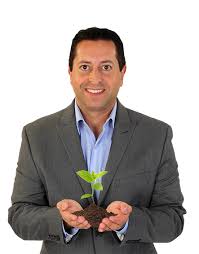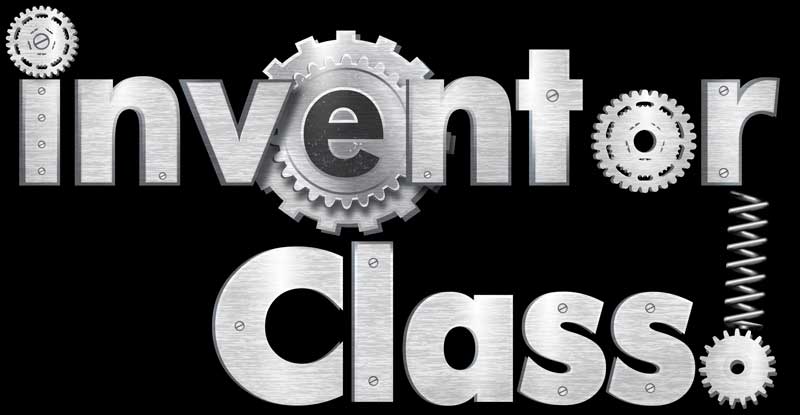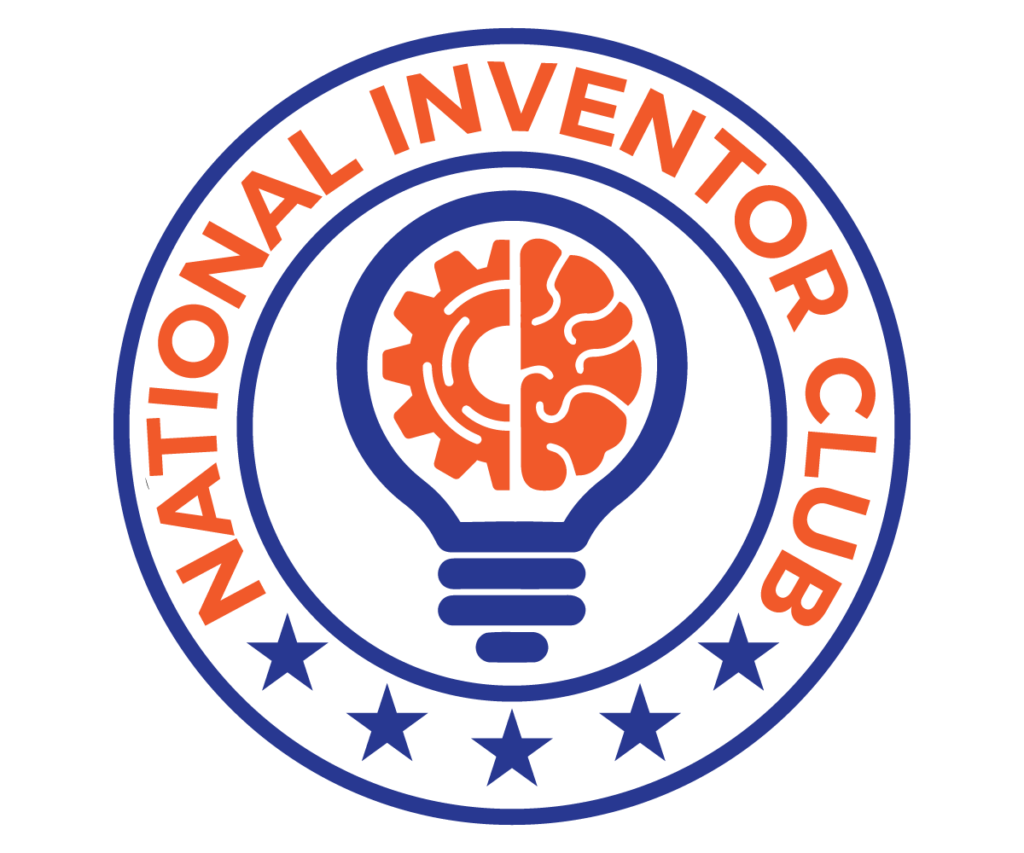How To Take Your Invention From An Idea To A Product: Quick Chat With Invention Expert Brian Fried
For years, inventor coach Brian Fried has helped fellow inventors turn their product ideas into a reality.
Many of the inventors Brian has worked with have benefited from Brian’s coaching throughout each step of the inventing process. By following Brian’s expert guidance, these inventors were able to learn how to turn create the products they came up with, and start collecting royalties by licensing them.
Brian has also helped save plenty of inventors the headache of creating a product only to discover that it already exists, by showing his clients how to properly research their invention ideas and identify whether or not a product is worth creating. Brian also provides a service through a patent agent that determines the patentability of the idea by comparing it to existing patents.
Of course, Brian didn’t learn how to become a successful inventor overnight; years of experience have resulted in the expert advice and guidance that Brian is able to offer his clients. Here at Inventor Smart, we recently sat down with Brian Fried to ask him about his expert advice for aspiring inventors.
What is your advice for new inventors who recently came up with an idea?
When you come up with an idea, the first thing you should always do is perform a simple search online. Use Google to search as if you’re trying to find your product, because you need to understand what’s already out there. This will typically require searching for a variety of different keywords related to your idea.
As you’re searching, compare what’s already out there to what you’re thinking of, and make a log of the results that come up that are similar to your idea, including website URLs, images, and video links. This could determine whether your product is patentable or not, and you can provide this information to the experts to review.
Based on your experience bringing products to market, what do you think makes a product more successful than others?
One of the most important steps inventors need to take to achieve success is identifying the right market for their product.
As an inventor, you should think about your product and evaluate if it’s a niche product or a mass market opportunity.
For example, if you’re invention were a golf ball, this would be an example of a niche product. Not everybody plays golf, but if you’re a golfer, you’ll buy golf balls. In this example, your product isn’t for everybody, but identifying who your product is for will help you understand who will need to learn about your product when you create it.
On the other hand, my product, Pull Ties, is an example of a mass market product, because Pull Ties can be used in so many different ways. To elaborate, you can use Pull Ties to seal bread, cereal bags, freezer bags, and other pantry items, in addition to using Pull Ties for arts & crafts, or even for keeping cables and cords together.
Because Pull Ties is such a versatile product, it can be marketed to anybody, whereas a golf ball will only sell if it’s marketed to people who play golf.
What are some of the biggest disappointments you’ve seen inventors face?
One of the biggest problems aspiring inventors face is companies who claim to help inventors, but require expensive upfront fees.
I’m an inventor that’s helped other inventors for over 15 years. I’m active as an inventor advocate, and I want to make sure I let people know realistically if their idea is something worthwhile to move forward with, or if they should move on to their next idea.
If you have an invention idea, come to me first, and I can help you make a decision. That decision is not based on a personal opinion; I make the call to move forward or suggest you to find another idea to work on based on my own experience and facts from similar ideas that already exist.
Sometimes I’ll discourage inventors from pursuing their idea to save them from problems in the long-term. For example, if I find too many similar existing products or if the idea won’t yield a good return, I’ll let the inventor know that the product isn’t worth their time.
What do you think about licensing products to earn royalties vs starting your own business and manufacturing your invention?
Licensing has been very successful for me, especially since I’ve learned the ins and outs of what makes a product right for licensing. For instance, licensing works best when you have some sort of intellectual property (IP) protection to license your product, even if that’s only a provisional application. If you don’t have IP protection, the licensee doesn’t need you; they can make the product themselves, and won’t have to pay you a royalty.
For that reason, it’s very important to do a professional patent search when you’re thinking of licensing. A professional patent search will let you know if your idea is something you should pursue, and make sure you are not infringing on someone else’s patent. This will help you make a decision on whether or not your product has potential for a licensing deal.
While it’s not impossible to license your product without IP protection, it is difficult, and for these types of deals, you’ll need strong relationships. I have done several deals, both of my own and with my clients, where I’ve licensed products without any IP protection, but generally speaking, your product should be protected.
With licensing, the risk is less and the revenue can be less than if you’re doing it on your own, but when you find the right partner, licensing can be very rewarding. You want to find a partner that has manufacturing set up, either in their own factory, or through outsourcing. You also want a licensee that has strong distribution with their own in-house sales team, or a team of outside sales reps. Ultimately, you want to partner with a licensee that can do good volume which equals very nice royalty checks! For some, it could be residual income, and for others, it can make you a very good living.
When you manufacture, the reward can be greater, but so is the risk. Before inventors consider manufacturing their products, they should ask themselves this: am I ready to go all in? Am I ready to handle manufacturing, working with a factory, distribution, warehousing, accounting (accounts payable and accounts receivable), returns, and customer issues? Manufacturing takes a lot of time and effort, to say the least.
You can start with a short production run of your product and test the market and should it start to sell well. You’ll most likely receive lower production costs, which in turn can help you with making a higher margin on your product, relative to the distribution you put in place. Depending on what type of distribution you choose can also affect the margins, but ultimately you are in business for yourself and you call the shots.
Whether you’re licensing or manufacturing, when you come up with an idea, you’re going into business, and you need to do your due diligence. As an inventor, making sure you do your due diligence is important to the success of your invention idea. I strongly emphasize the importance of having a professional help you through these steps, especially in the beginning, to decide if you should spend the time, money, energy and resources on your idea or just get a good lesson to move on to your next idea. It’s good to get an opinion from someone like myself and who can also provide you the right direction to take and next steps.
Brian Fried has helped countless inventors achieve success.
These inventors have found Brian both immediately after coming up with an idea, and even later on in the invention process, yet Brian’s expertise as an experienced inventor has helped guide countless others in achieving their inventing dreams.
As Brian’s mentioned, one of the most important steps of getting started with your own invention is to make sure it’s original, or different enough to call your own, and that the returns are worth your time. If you’d like to receive an evaluation of your idea, you can schedule a call with Brian personally through Inventor Smart. If your product can be taken to market and Brian has a good contact, he will consider representing your idea to a licensing agent so you can obtain a licensing deal and start earning royalties from your product.







